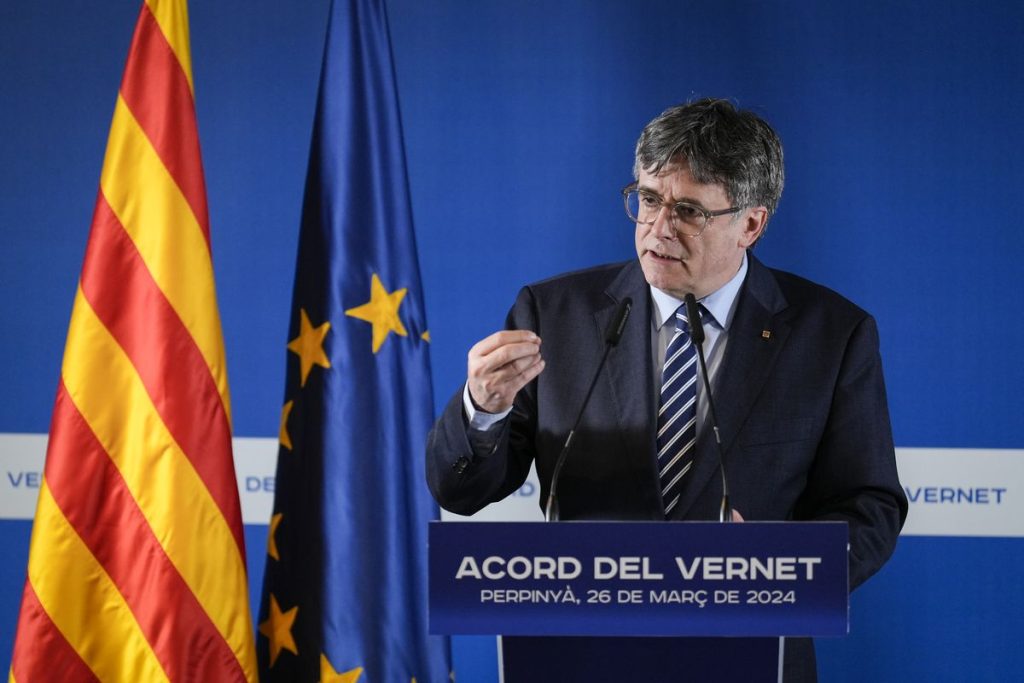Some believe that when Carles Puigdemont returns to Spain, he will be riding on a unicorn to finally achieve the independence that was not successful in 2017. However, the reality is far from this fantastical notion. His return will generate a great amount of anticipation and national commotion, but ultimately, the reality will prevail. The pro-independence parties will have to decide their future path once the amnesty has taken away the epic of exile or the victimization of repression. Both ERC and Junts are no longer advocating for insurrection, but instead, showcasing the exhaustion of the independence movement and the weariness of their social base.
President Pere Aragonès is trying to lure his voters with the proposal of a negotiated referendum with the Spanish state, an idea that has not gained traction despite years of dialogue with the central government. On the other hand, Puigdemont is urging his abstentionist electorate to not give in to defeatism and to hold onto hope for the future. The pro-independence parties are now gearing up for a more symbolic representation of the independence movement, with the actual goal of independence seeming like a distant utopia due to their inability to move forward.
Junts, the party of Puigdemont, is facing an ideological void and is struggling to define its political stance. The party’s positioning is unclear, leaving people wondering whether Junts leans more towards the left or the right. Compared to the old Convergencia party, considered center-right, Junts has a more diverse electorate, including some left-leaning elements in its program. The shift in ideology from CiU to Junts can be attributed to the younger generation of independence supporters who associate the idea of secession with social justice and progressive policies.
Puigdemont, however, seems to be laying the groundwork for a potential shift in the party’s direction. The recruitment of figures like Anna Navarro, known for her international business background, hints at a desire to align Junts with the world of entrepreneurship and economic growth. Puigdemont’s focus on the economic grievances of Catalonia compared to Madrid could also signal a pivot towards a more business-friendly platform. The party’s ideological evolution is still in progress, as it navigates between the rhetoric of independence and the need for a coherent political agenda.
Despite these potential changes, the concept of the “legitimate president” ousted by the Spanish state remains a central narrative for Puigdemont and Junts. This storyline continues to resonate with a broad spectrum of pro-independence voters and serves as a trump card for the upcoming elections. Junts understand that Puigdemont’s appeal transcends ideological divides within the independence movement and even draws support from anti-establishment sentiments. The ongoing power struggle between Junts and ERC reflects the internal tensions and strategic calculations within the pro-independence camp.


